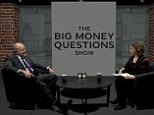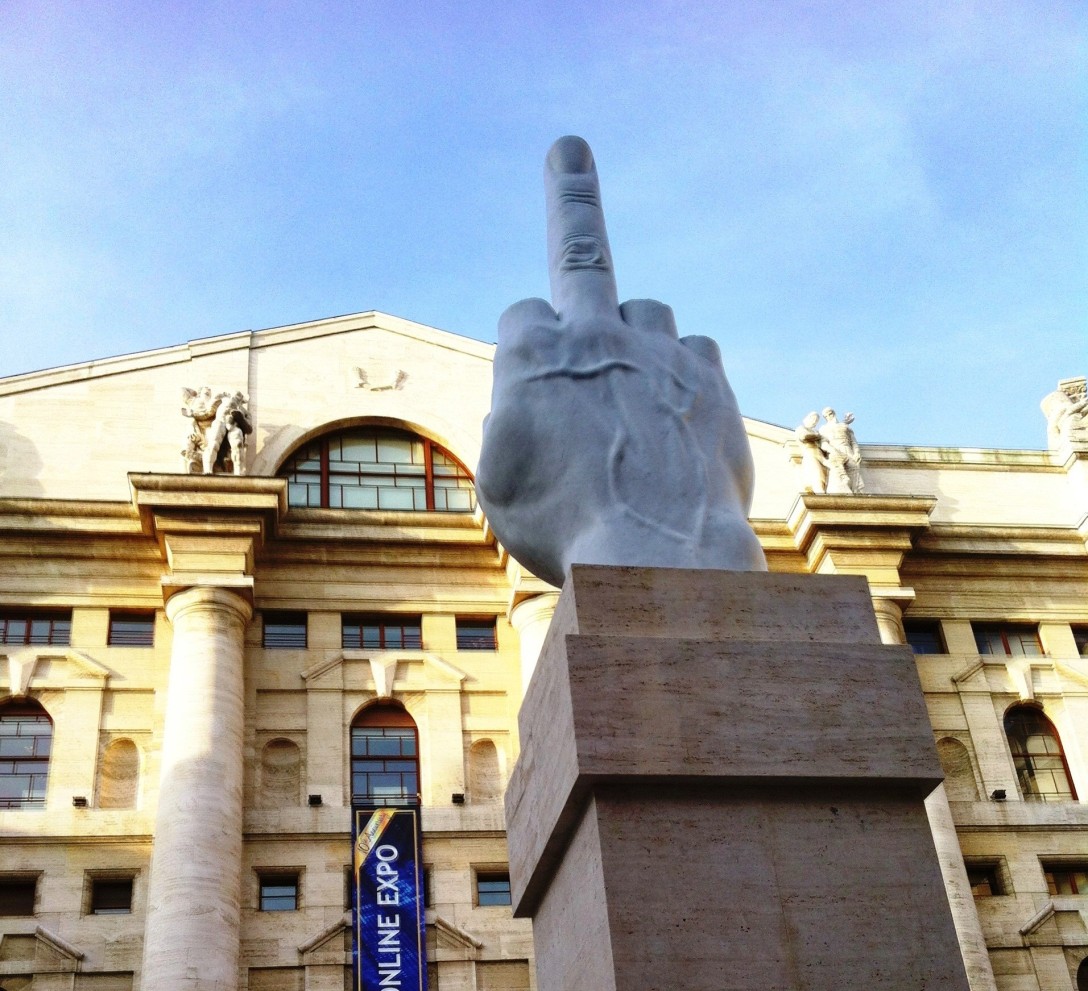Early to bed and early to rise will make you healthy, wealthy and wiseFolk proverb Are the kinds of habits and behaviours that make you wealthy hard-wired as part of your personality? In a large study of UK adults Adrian Furnham and I looked at the role of personality in wealth accumulation. Our results suggest… Continue reading Personality and wealth
Can your habits and attitudes make you wealthy?
"You don't get rich by what you earn. You get rich by what you don't spend." (Henry Ford) Why are some people wealthier and better off than others? Given similar income levels, what predicts who will build greater wealth? Why are people of the same age and similar background factors so different in their wealth… Continue reading Can your habits and attitudes make you wealthy?
‘Model Land’ and its phantasies threaten us all.
As a mathematician and a psychologist from a network studying real-world decision-making under radical uncertainty, we work on the dangers of investing scientific models with phantastic (wished-for but unrealistic) power to resolve uncertainty and produce optimal solutions. In this short blog we discuss the dangers of forgetting that, in the context of uncertainty, successful anticipatory thinking is not about making good predictions, it is about agility when judging what information to gather to grasp an unfolding landscape, and constant curiosity about what might be left out. Algorithms - and humans masquerading as algorithms, or passing the buck to algorithms - are fragile decision-makers under many real-life conditions.
The need for constructive ambivalence during the Covid-19 pandemic.
"What we observe is not nature itself, but nature exposed to our method of questioning."Werner Heisenberg (1) Social facts reduce our experience of uncertainty “Adam's commission, the naming of things, if only in the imagination, brings them into existence, objects of thought; like God, breathes into them the power of the word."The naming of things,… Continue reading The need for constructive ambivalence during the Covid-19 pandemic.
Advertising and impulsive spending
Different Minds: why we need human capabilities and machine intelligence*
“There have been great societies that did not use the wheel, but there have been no societies that did not tell stories.” —Ursula K. LeGuin To listen to some scholars of decision-making, it is a great wonder that humans have survived as long as they have. We are constantly prone to biases, rely on simplistic… Continue reading Different Minds: why we need human capabilities and machine intelligence*
‘The heart has its reasons’: emotions and cognition in the world of finance
Let’s call him James, a trader in a City investment bank; young, smartly dressed, confident, and a little impatient. He sat across from me in the interview: “It’s really important to stay cool. For myself, I can say that I really don’t have much emotion while I trade”. Half an hour later, as he relaxed… Continue reading ‘The heart has its reasons’: emotions and cognition in the world of finance
Shopping, impulsiveness and weapons of massive consumption
Marketers need to understand such consumer behavior in order to formulate appropriate marketing strategy, allocate marketing budget below-the-line and design effective marketing tactics…… In such instances the acts may be normatively positive and leave the shopper feeling good Bayley and Nancarrow 1998: 99 And I am a weapon of massive consumptionAnd it's not my fault… Continue reading Shopping, impulsiveness and weapons of massive consumption
On the false contrast between rationality and emotion
It is common to contrast emotions with rationality (usually in tandem with proclaiming the superiority of reason over emotion). Take for example this post on the changingminds blog. It is also the claim at the heart of Ayn Rand's morally barren apologia for the extremes of modern capitalism, 'Atlas Shrugged'. In this book she claims… Continue reading On the false contrast between rationality and emotion
Welcome to the emotional finance blog
Money fractures marriages, drives wars, inspires art, motivates some people to great achievements, leads others to despair. Fear, desire, love, hate, jealousy, anger, anxiety, relief, shame and many more shades of emotion may attach to money in the course of an ordinary day. (Photo credit: @Doug88888)Yet, economic accounts of human financial behaviour focus on reasoned… Continue reading Welcome to the emotional finance blog
LIBOR, rogue traders and the supply of motivated offenders
A brief trawl of media comment on the banking industry over the last few years suggests that the industry is awash with criminals and fraudsters. The picture of traders, often presented in the press, is of amoral risk-takers with bosses who are always ready to turn a blind eye if profits are being made. There… Continue reading LIBOR, rogue traders and the supply of motivated offenders
Grappling with uncertainty, and the emotions it provokes
The stories we tell ourselves about futures and the impact of our actions in them are important acts of imagination which enable us to act, despite uncertainty. However, they can also become over-comfortable refuges from the anxiety provoked by uncertainty and a route to disregarding important information and perspectives which challenge our certainties.
On holding losers and selling winners: our emotional brains and the disposition effects
I am delighted to introduce a guest blog by Dr Daniel Richards about some research we collaborated on. The disposition effect describes a bias that causes investors to be more willing to sell investments that have risen in in value than those that have fallen in value. Our research shows that investors who rely less on emotions and intuition and investors who manage their emotions more effectively are less likely to show this investment bias.
Is it financial or emotional bankruptcy that cripples relationships?
Podcast: Money and emotions -researching the role of emotion in the work of traders and in everyday financial choices
Anxiety, adrenaline and automation
I am delighted to introduce a guest blog by Kevin Rodgers, formerly global head of foreign exchange at Deutsche Bank, with an impressive career in trading. Kevin is also the author of a great new book which charts the major changes in investment banking 'Why aren't they shouting?', not to mention a pretty good opera singer.
Scams, Victims, and Scammers
Successful fraud requires both a set of skills and a willingness to deliberately target and deceive others. The most successful fraudsters have a capacity to look us in the eye, to engage our trust and then betray it without a qualm. This capacity is actually quite rare and often associated with personality disorder (or perhaps… Continue reading Scams, Victims, and Scammers

















